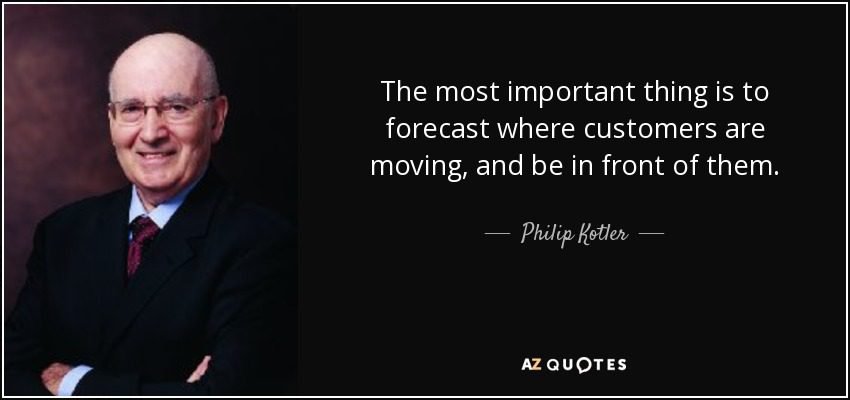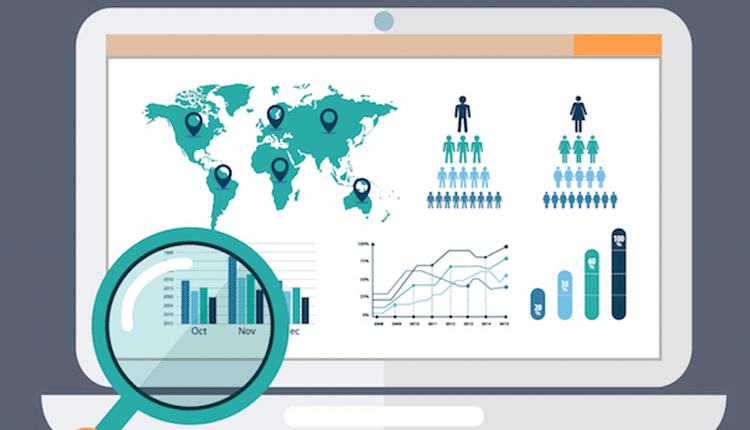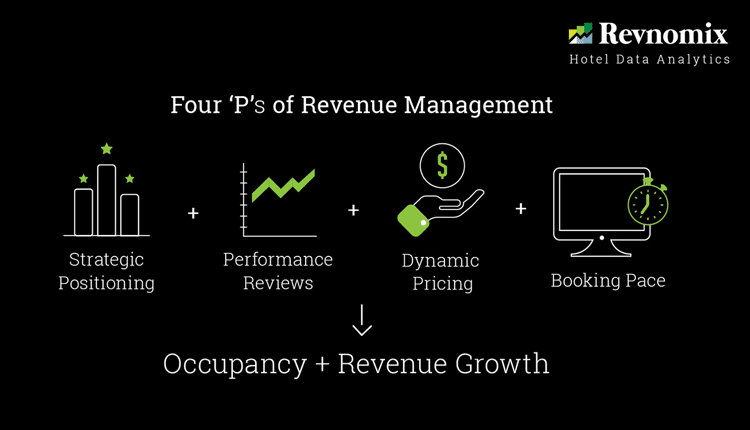What is hotel revenue management? We have already covered what is revenue management in hotels in our previous articles. The revenue management benefits are immense. But one of the most vital elements of a successful hotel revenue management strategy is forecasting. Forecasts can help you with market trends and consumer behaviour to predict future demand. You can modify your dynamic pricing strategies and inventory levels to match the expected number of guests as well. This enables you to keep occupancy levels steady. It also boosts your revenue and lowers your expenses.
In simple terms, forecasting is the process of analyzing historic data and trends to predict future behaviour. This strategy helps us get ready for what lies ahead. For revenue managers, forecasting has always been a useful resource. However, it is now more crucial than ever to be able to predict and adjust to demand and market shifts. Searching for revenue management solutions?
Best Forecasting & Revenue Management Company in India
3 Popular Hotel Revenue Forecasting Models
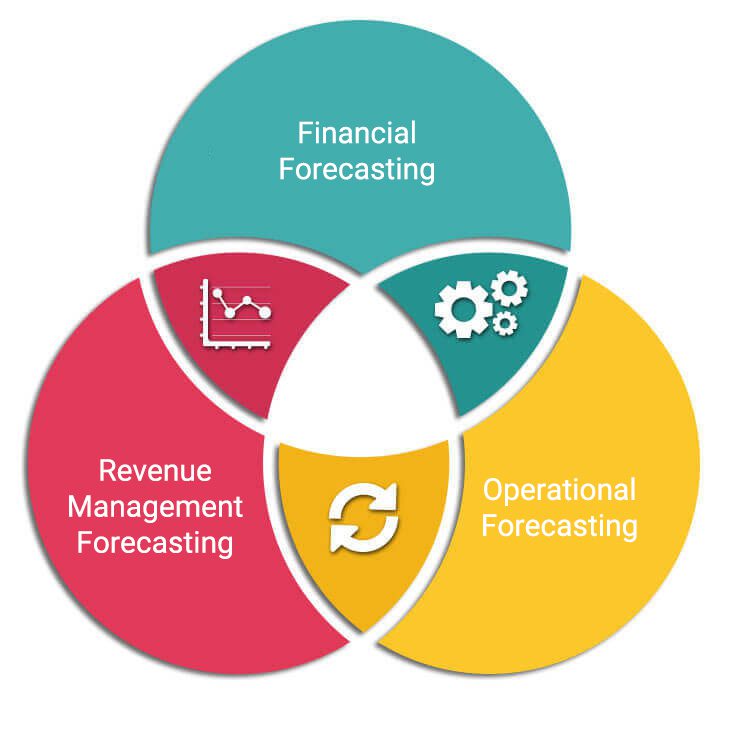
1. Operational – This method focuses on operations across the hotel. These include the number of receptionists needed on a particular day, the number of tables required in the restaurant, etc.
2. Financial – This type of forecast provides a prediction of profits and when revenue is recognised. In other words, it predicts desired cash flow each month to make up for times of low demand. These include insurance, license fees, and more. It is used to show end-of-fiscal results and set financial goals.
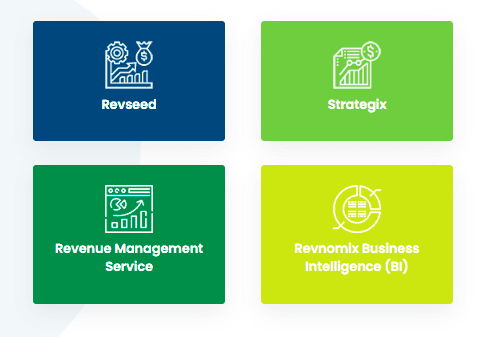
3. The Revenue Management Concept/Net Revenue Management – Why is revenue management important? Hotel managers can predict future demand with the help of a revenue management strategy to maximize revenue. It includes the room nights sold, average daily rate, etc. Do you know what is revenue management system or hotel revenue management software? Click below.
Book a Demo for the Top Revenue Management Software
What is Forecasting? Why is it Important for your Hotel Revenue Management Strategy?
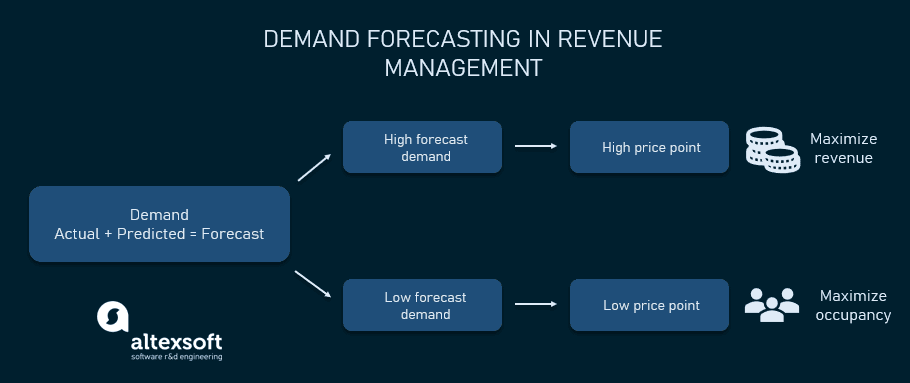
How demand forecasting works during peak and low periods
Image credit – https://www.altexsoft.com/
Forecasting is a complete tool that can be used to predict future performance. It is the ideal way to plan for uncertainty and make estimates about occupancy, room nights, average daily revenue, and other factors using performance data and industry trends.
A vital part of revenue management strategy is forecasting because it reduces uncertainty and helps us plan for the future. Analyzing historic trends is crucial when thinking about the past and the future. It assists you in analyzing your mistakes and finding prospects to generate extra revenue. Forecasting also sets the pricing and revenue management strategy for the future. You couldn’t possibly guess the right rate for the room or volume without a precise forecast.
Check Out Revenue Management Examples & Case Studies
3 Trends that Will Impact Forecasting & Revenue Management Strategy in 2023
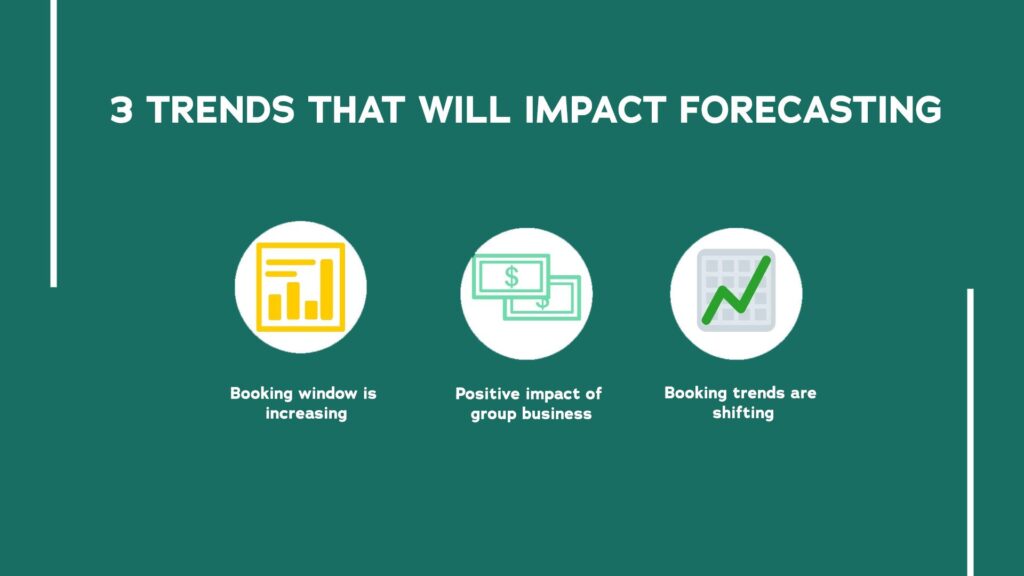
What will impact hotel forecasts in 2023? Revenue management is going to be impacted by this as well. Here is what we think.
1. Booking trends are shifting
People are choosing to work during the day and take vacations at night and on weekends now that they can work from anywhere. This impacts longer lengths of stay. (LOS). As per Jason Freed, Hospitality Data Evangelist, MyDigital Office, the average LOS has increased from a day and a half to four days in some markets.
2. Booking window is increasing
During COVID, the booking window reduced greatly, in some markets to less than 24 hours. To better forecast room availability and pricing, hotel owners had to lean on using detailed booking data. Hotel owners now divide their booking windows into zero to three days out, three to ten days out, ten to thirty days out, and more than thirty days out.
The outside of thirty-days segment has grown the fastest in 2022, as per hoteliers, who noted that the zero to three-day booking window segment has shrunk greatly over that time. This could be a sign that business travel and group business are resuming.
3. Positive impact of group business
As per Freed, group business is another area that will have a significant impact on hotel forecasting. A rise in team meetings or retreats will replace large convention demand, which isn’t returning as quickly because so many people are working remotely. Firms used to hold retreats once a year, but they are starting to happen more often now. Depending on the firm’s size, it might host a sales retreat one weekend, marketing retreats the next, and an editorial retreat the third. Hotels near convention centers may profit if they can find other uses for their space.
Meet Your Team – Revenue Management Roles
9 Forecasting Tips to Improve Your Revenue Management Strategy
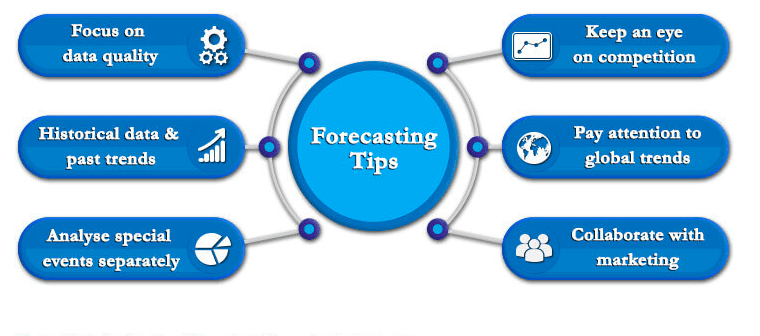
Essential forecasting tips.
Image credit – www.bespokerm.com
You can fine-tune your forecasting in many ways to improve your revenue management strategy. Here are a few tips.
Boost your Profits with Hotel Revenue Management Services
1. Maintain correct records
Any forecasting or revenue management for the hospitality industry must start with an effort to maintain accurate records because forecasting depends on accurate data. The amount of data that hotels have access to may make this seem stressful, but the most crucial figures to monitor include occupancy, room rates, revenue, etc.
However, you also need to consider average spending per room and total room rent (sold rooms X average room rate). Include this data from prior years in your new forecasting document if you have access to it. If not, start doing so right away.
2. Use historic data
The best resource you have to forecast room demand is historic data because the past can be an accurate indicator of the future. It makes sense to forecast similar demand spikes if you notice certain trends, such as an upturn every June or an increase in business bookings every December. The same trends may be seen with unfavorable weather, economic downturns, etc.
3. Check the records in the books
The only data you have that can be relied upon for accuracy when making a forecast is data that is already recorded, such as bookings for rooms and business activities. You could also consider extra data like website traffic and upcoming promotions. It makes no sense to ignore this data when making your forecast, and you must adjust if the number of bookings already made exceeds the demand predicted by historic data.
4. Think about holidays and events
Consider crucial occasions and holidays and include them in your forecast to improve your revenue management strategy. The summer months and Christmas both tend to see an increase in business. Similar to national events, regional ones can have a big impact. Try to plan for demand increases around these times, as well as a decline in demand for rooms once the events or holidays have passed.
5. Examine your forecasts often
Once you’ve built your data collection methods, collected your existing data, and produced many forecasts, you should often refer to them and use them to guide crucial business decisions. A forecast can help you create a picture of the future, which is vital for hotel revenue management and pricing, marketing, sales, and many other functions. However, forecasts can never be 100% accurate.
6. Join forces with sales and marketing teams
Once you have some forecasts in place, you can begin to consider what the forecasts mean for your firm more carefully and work with your marketing and sales teams to make any needed strategy changes. You could focus more of your marketing efforts on a specific market segment if your forecast indicates a lack of interest from that group. Similarly to this, you could direct sales to the audience that is most likely to visit and improve revenue management strategies.
7. Segment your forecast
Once you have a basic forecast based on the various data points and market trends you have taken into account, you should try to segment it. For example, you can forecast per origin, room, channel, etc. By doing this, you will be able to gain a greater awareness of the precise source of your business, the effects of each segment type on your business, and the type of segment you should focus on more.
8. Keep an eye on market trends
It is crucial to pay attention to broader market trends to improve your revenue management strategy. These might be general trends in the hospitality sector like an increase in competition or a decline in visitors to your hotel. In addition, trends affecting the larger market, such as recession or growth, may also have an impact on your forecast.
9. Be aware of your competition
There are many external factors to consider, such as rivals. Try to keep an eye on the local competition. Has a nearby hotel recently undergone renovations? Has a new resort opened nearby? These are all elements that could reduce demand in the future and affect your revenue management strategy. At the same time, rivals moving or closing their locations could mean more business for your hotel, so keep an eye out for this as well.
Still, finding the best revenue management consulting firm in India? Want to know more about the best hotel revenue management companies in India? Keep reading.
[Suggested Read: 10 Reasons to Use Revenue Management Systems for Hotels]
4 Benefits of Forecasting for Your Hotel Revenue Management Strategy
Here are a few benefits of forecasting for your hotel.
1. Improved revenue
One of the primary benefits of forecasting for a hotel revenue management strategy is that it helps to optimize revenue. By predicting demand, hotels can adjust their prices and inventory levels to maximize revenue and profits. This can lead to improved finance and greater long-term success for the hotel.
2. Better use of resources
Forecasting can also help hotels to allocate their resources better. By predicting demand for rooms, services, and amenities, hotels can adjust their staff levels and other resources to meet guest needs. This can help to minimize waste and improve efficiency, leading to cost savings and increased profits.
3. Improved inventory management
Forecasting also helps hotels to manage their inventory better. By predicting demand for rooms and other services, hotels can adjust their inventory levels and distribution channels to avoid overbooking or underpricing. This can help to minimize lost revenue and ensure that rooms and other services are available when guests need them.
4. Enhanced guest experience
Finally, forecasting can help to improve the guest experience by ensuring that hotels are staffed and prepared to meet guest needs. By predicting demand, hotels can anticipate guest needs and ensure that they are providing high-quality services at all times. This can lead to guest satisfaction and loyalty, which can help to drive revenue growth and long-term success.
Read till the end for hotel revenue management solutions.
[Suggested Read: 5 Ways to Boost Hotel Value with Revenue Management Strategies]
Set Up your Hotel with Forecasting for the Best Revenue Management Strategy Outcomes
The method and outcomes of forecasting to improve your revenue management strategy can differ between hotels. Between different properties in a company’s portfolio and even within the same hotel group, there can be major variations.
The accuracy of forecasting improves with time and consistency. It’s crucial to keep in mind that setting unrealistic goals can demoralize employees. It should be a realistic variance that gives you a strong target that benefits your business and inspires your team. You can benefit from a strong tool that is cost-effective. And it produces reliable forecasting results by using a tried-and-true revenue management system for hotels with leading tech at its core.
What what management consultants do in terms of revenue? Looking for top-rated revenue management companies in India or revenue management systems for hotels? Get in touch with Revnomix, the best hotel revenue management company to use revenue management tools and leverage the power of data for forecasting accurate demand for your hotel. We help you increase hotel RevPAR and GoPAR as well in the long run.
